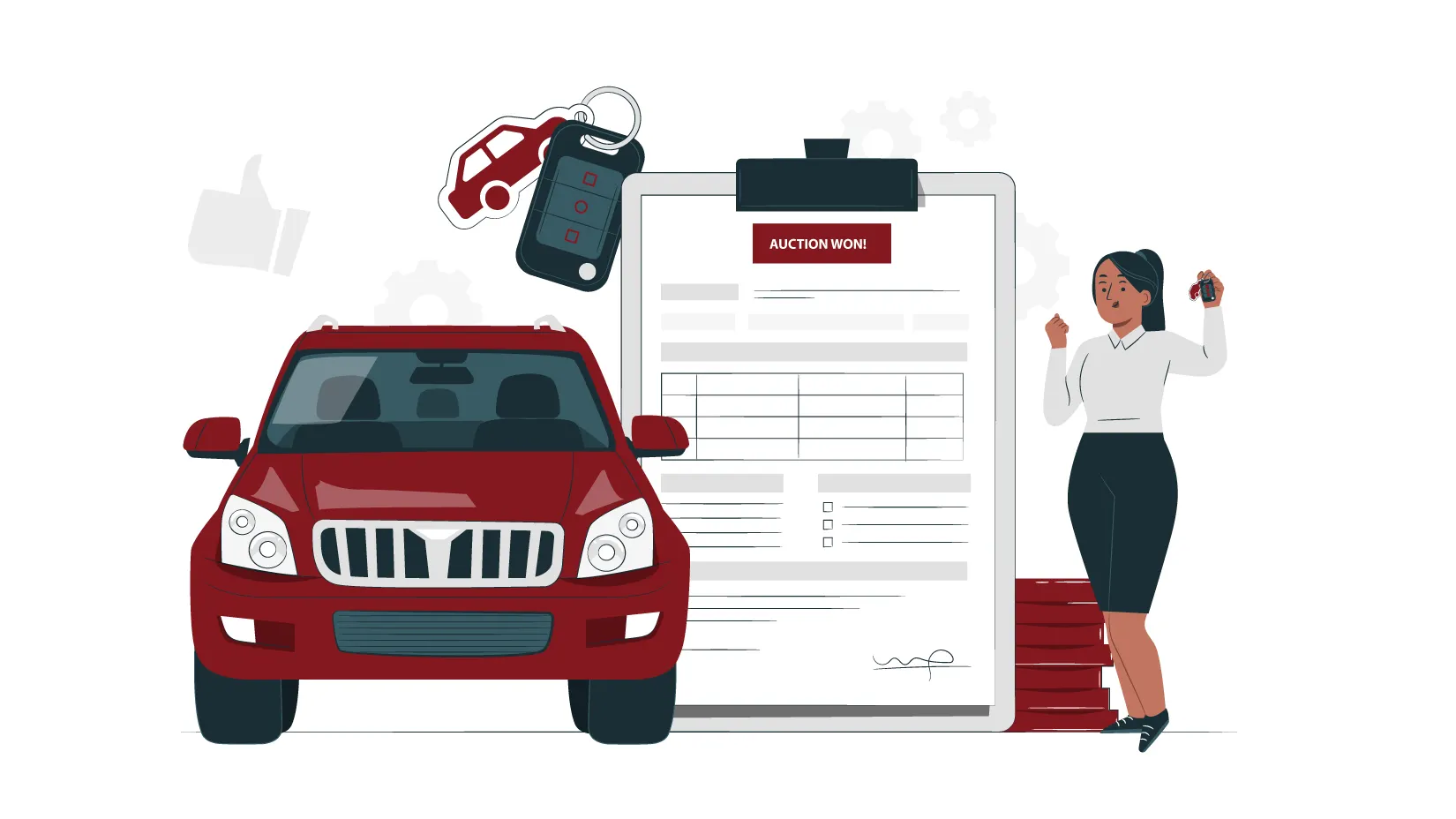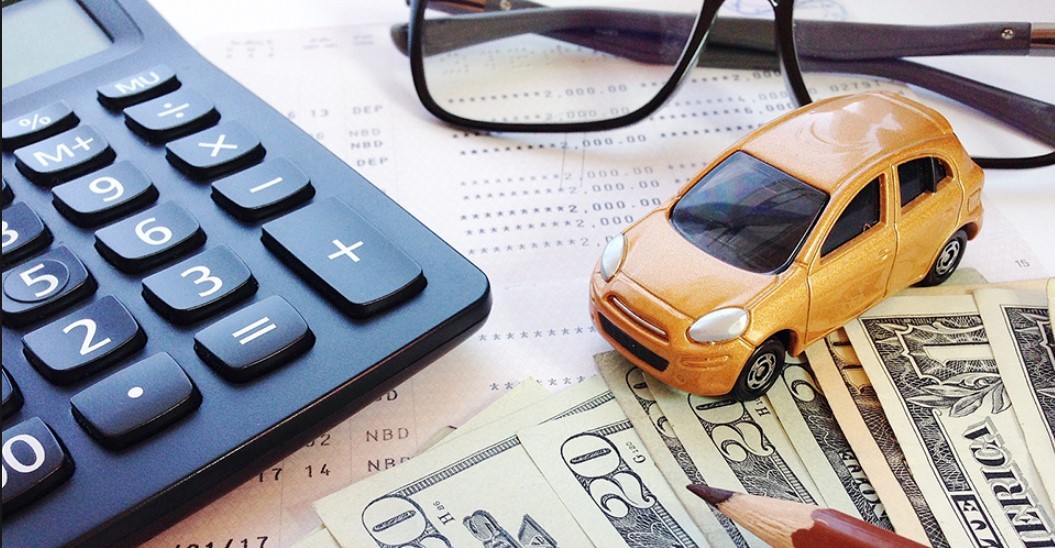How to Buy Cars at Auctions: A Comprehensive Guide

Introduction to Car Auctions
Car auctions are a popular avenue for purchasing vehicles at competitive prices. These events bring together sellers and buyers, including dealers and the general public, to bid on a variety of cars. Understanding the process and obtaining the necessary licenses to participate in dealer-only auctions can provide significant advantages for buyers.
Types of Car Auctions
Public Car Auctions
Public car auctions are open to anyone. These auctions typically include vehicles from private sellers, repossessed cars, and vehicles from government agencies. While anyone can participate, it’s essential to research the auction house’s reputation and the vehicles available.
Dealer Auctions
Dealer auctions are restricted to licensed dealers and offer a broader selection of vehicles, including trade-ins from dealerships, lease returns, and fleet vehicles. These auctions often provide better prices and more options compared to public auctions.
Steps to Buy Cars at Auctions
Step 1: Research Auction Houses
Start by researching reputable auction houses in your area or online. Look for reviews and ask for recommendations from other buyers or dealers. Some well-known auction houses include Manheim, ADESA, and Copart.
Step 2: Understand Auction Rules and Procedures
Each auction house has its own set of rules and procedures. Familiarize yourself with these rules, including registration requirements, bidding processes, payment terms, and any fees associated with buying vehicles.
Step 3: Attend Auctions as an Observer
If you’re new to car auctions, attend a few as an observer to understand how they operate. This experience will help you get comfortable with the bidding process and the pace of the auctions.
Step 4: Register for the Auction
To participate in an auction, you’ll need to register with the auction house. This may involve providing identification, proof of funds, and paying a registration fee. For dealer auctions, you’ll need to show your dealer license.
Step 5: Inspect Vehicles Before Bidding
Most auction houses allow for vehicle inspections before the auction starts. Take advantage of this opportunity to thoroughly inspect any vehicles you’re interested in. Check the vehicle’s condition, history, and any available reports.
Step 6: Set a Budget
Determine your budget before the auction and stick to it. It’s easy to get caught up in the excitement of bidding, so having a firm budget helps prevent overspending.
Step 7: Participate in the Auction
When the auction begins, pay close attention to the bidding process. Bid confidently but within your budget. If you’re successful, follow the auction house’s procedures for payment and vehicle pickup.
Obtaining a License to Buy Cars at Dealer Auctions
Step 1: Determine Your State’s Requirements
Each state has different requirements for obtaining a dealer license. Start by researching the specific requirements in your state. This information is usually available on the state’s Department of Motor Vehicles (DMV) website or equivalent authority.
Step 2: Complete a Pre-Licensing Course
Many states require prospective dealers to complete a pre-licensing course. These courses cover important topics such as state laws, record-keeping, and business operations. Check with your local DMV for approved course providers.
Step 3: Secure a Business Location
For a dealer license, you’ll need a commercial location with appropriate zoning permits. The location must meet state specifications, including signage, office space, and display area requirements.
Step 4: Obtain a Surety Bond
Most states require dealers to obtain a surety bond as part of the licensing process. A surety bond protects consumers and the state from potential fraud or financial loss caused by the dealer. The bond amount varies by state.
Step 5: Submit Your Application
Complete and submit your dealer license application to your state’s licensing authority. Include all required documentation, such as proof of business location, pre-licensing course completion, surety bond, and any other state-specific requirements.
Step 6: Pass a Background Check
Applicants must undergo a background check, which typically includes fingerprinting and a review of criminal history. This step ensures that individuals with a history of fraud or other disqualifying offenses are not granted a license.
Step 7: Pay Licensing Fees
Pay the required licensing fees when submitting your application. Fees vary by state and type of license but generally include an application fee and a licensing fee.
Benefits of Buying Cars at Dealer Auctions
Access to High-Quality Vehicles
Dealer auctions often feature well-maintained vehicles from reputable sources, such as lease returns and trade-ins from new car dealerships.
Competitive Prices
Since dealer auctions are restricted to licensed dealers, the competition is limited, often resulting in better prices compared to public auctions or retail markets.
Wide Selection
Dealer auctions offer a wide range of vehicles, including luxury cars, trucks, SUVs, and more. This variety allows buyers to find specific makes and models that meet their needs.
Buying cars at auctions can be a lucrative and efficient way to acquire vehicles, whether for personal use or resale. Understanding the types of auctions, the bidding process, and the steps to obtain a dealer license are crucial for success. By following this comprehensive guide, you can navigate the auction landscape with confidence and make informed purchasing decisions.



